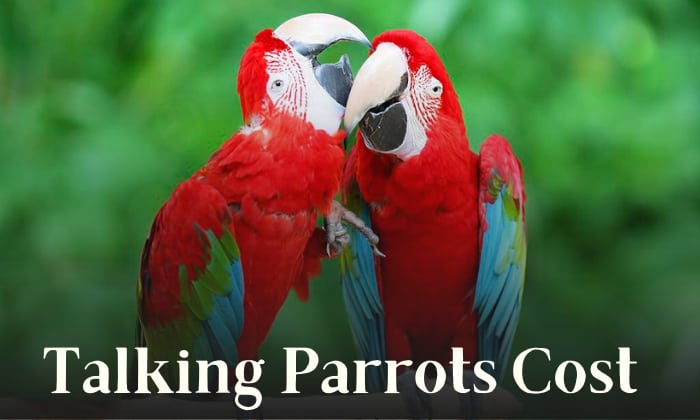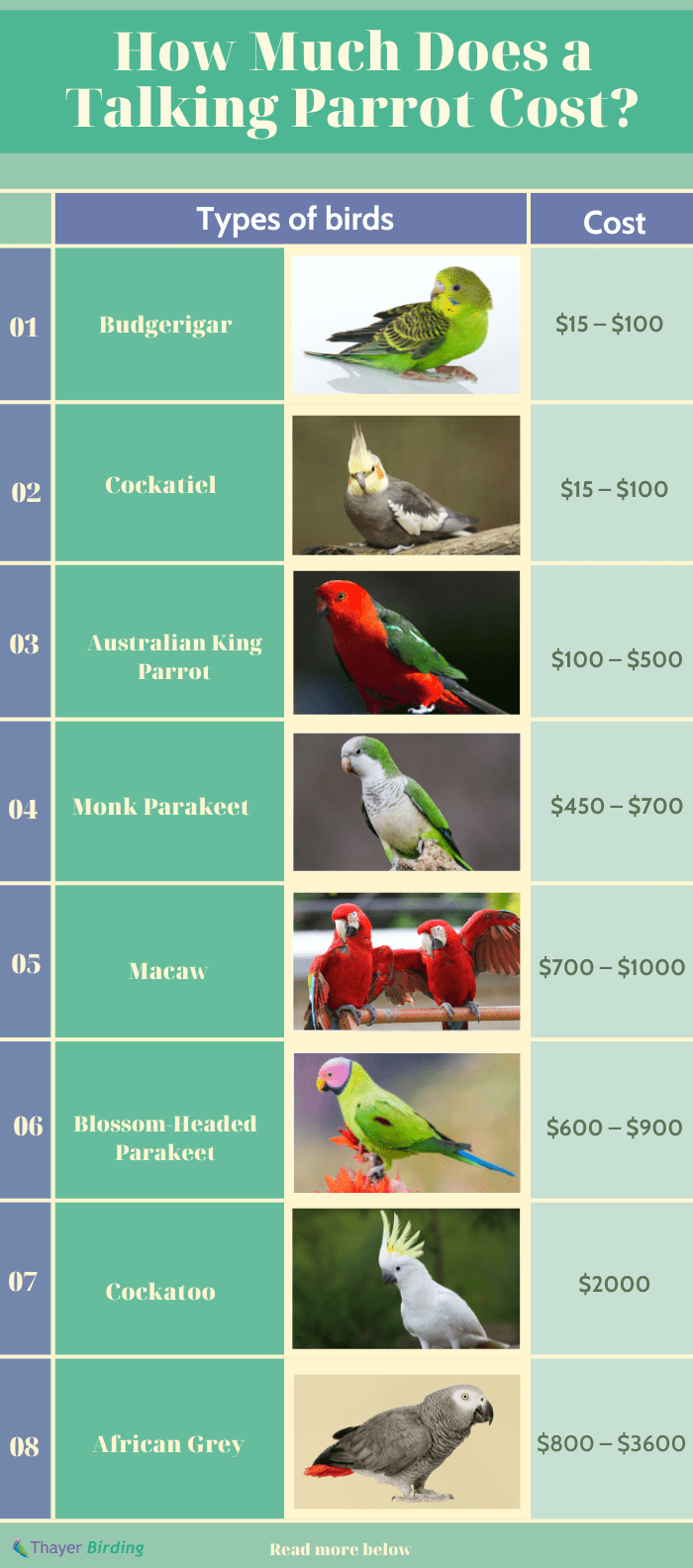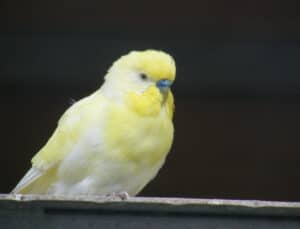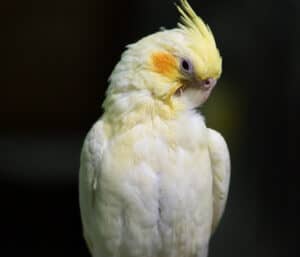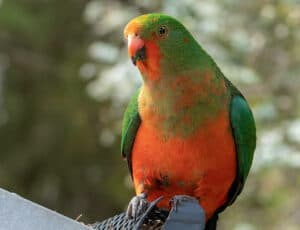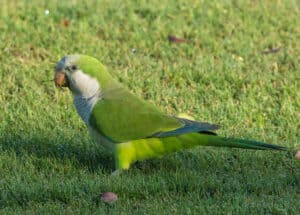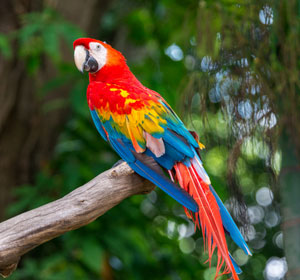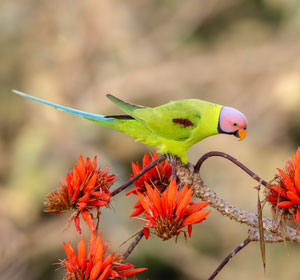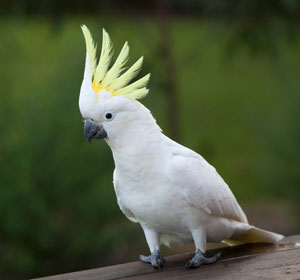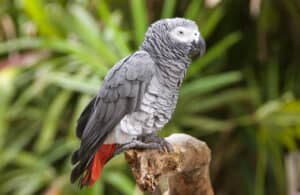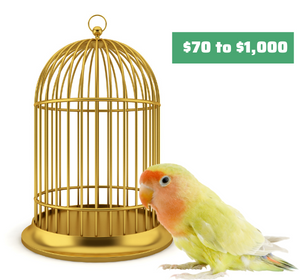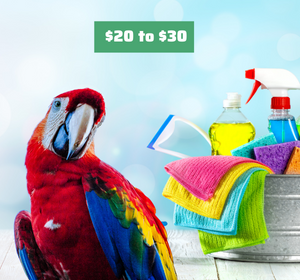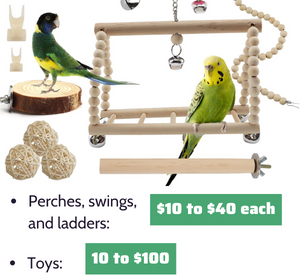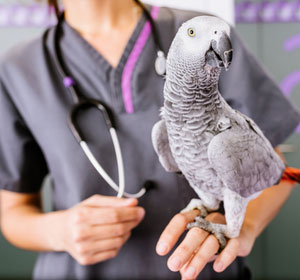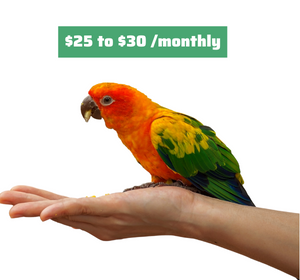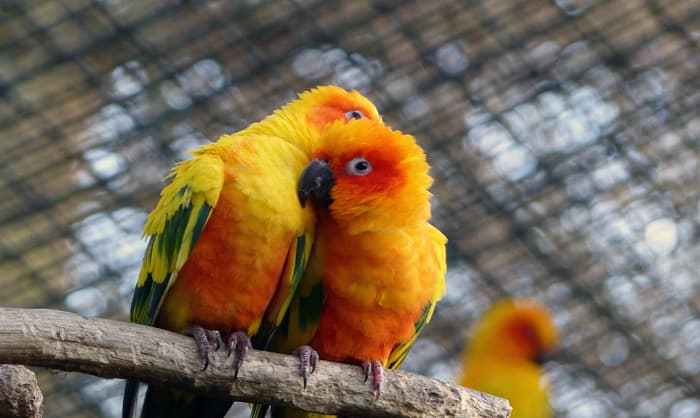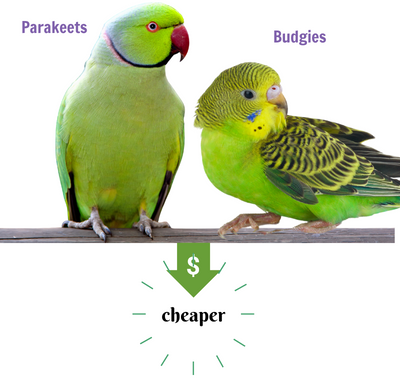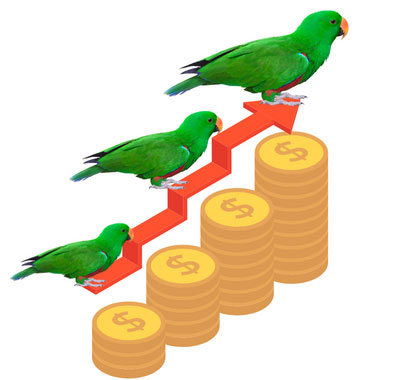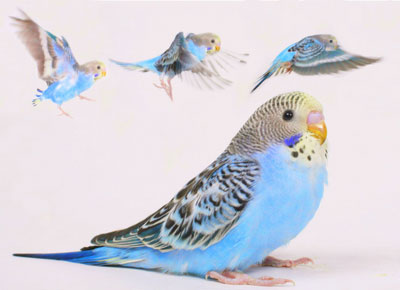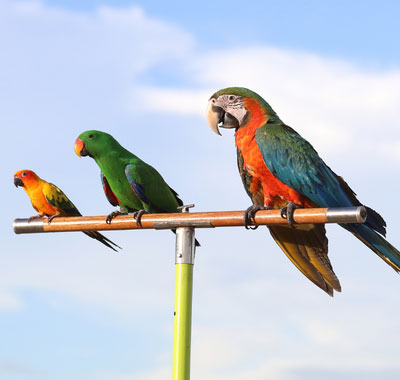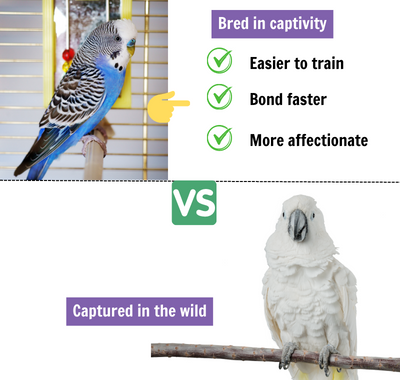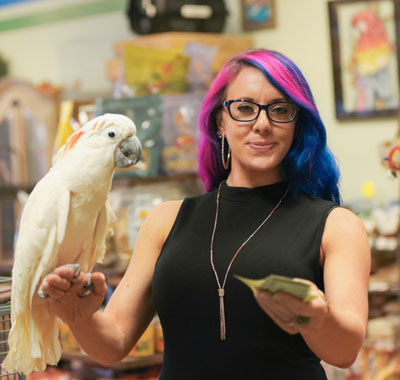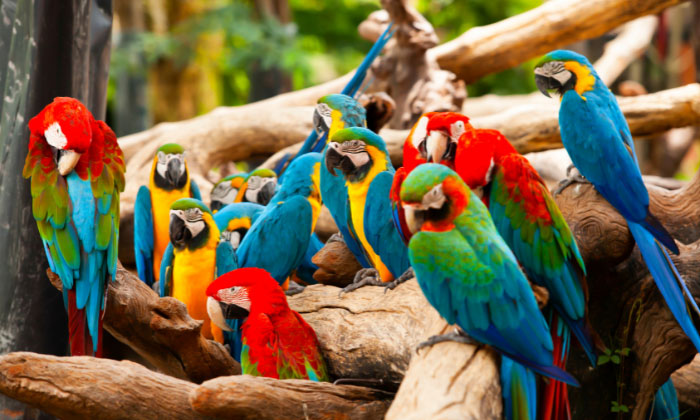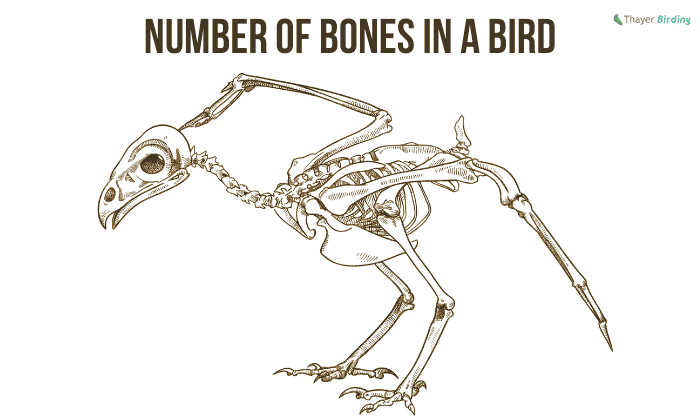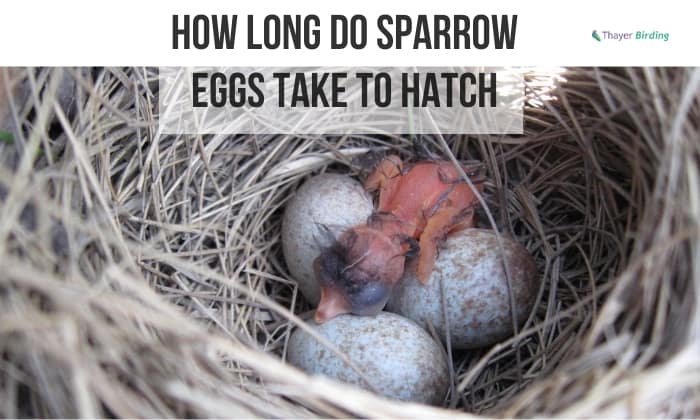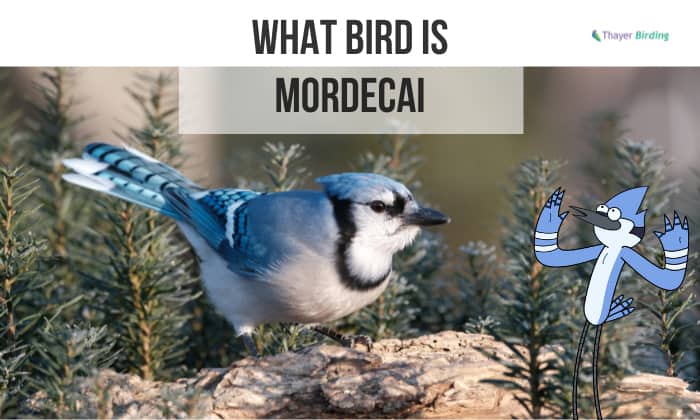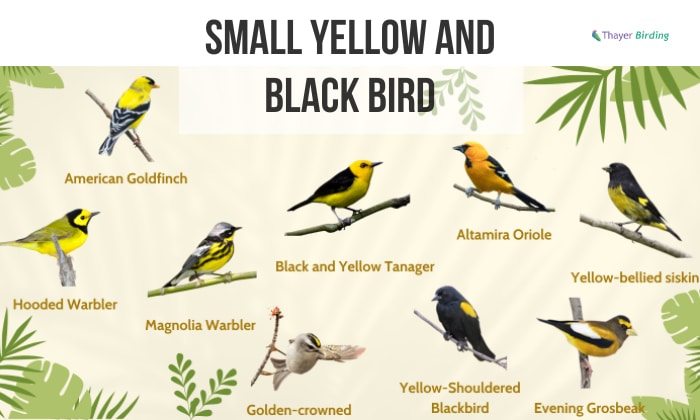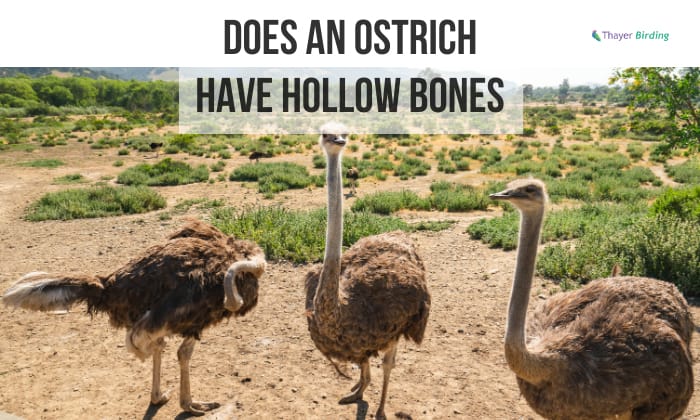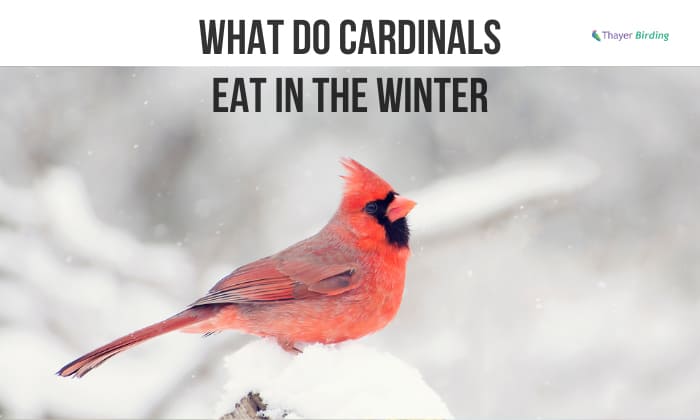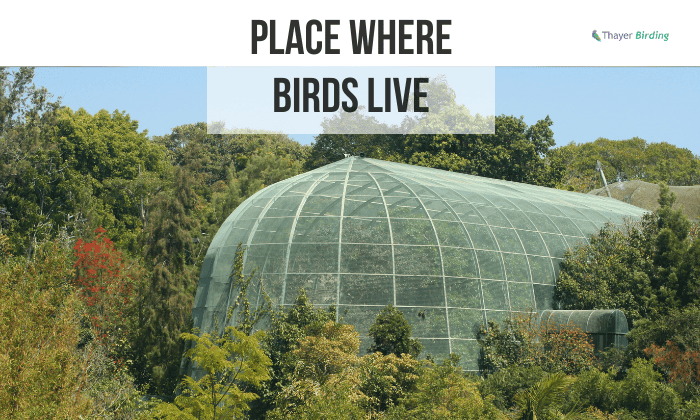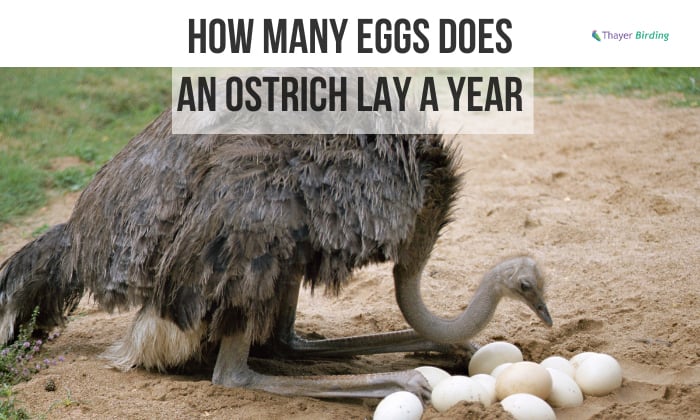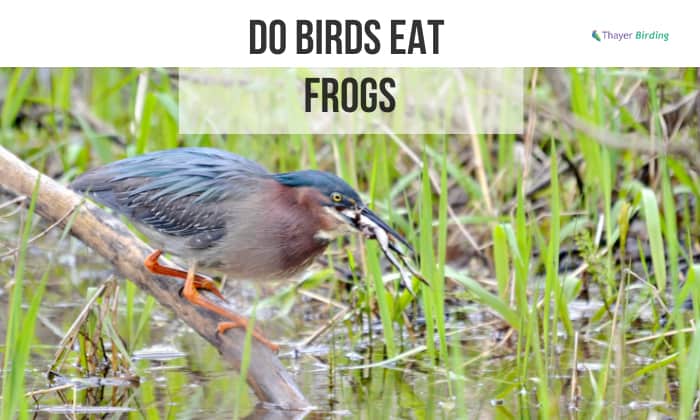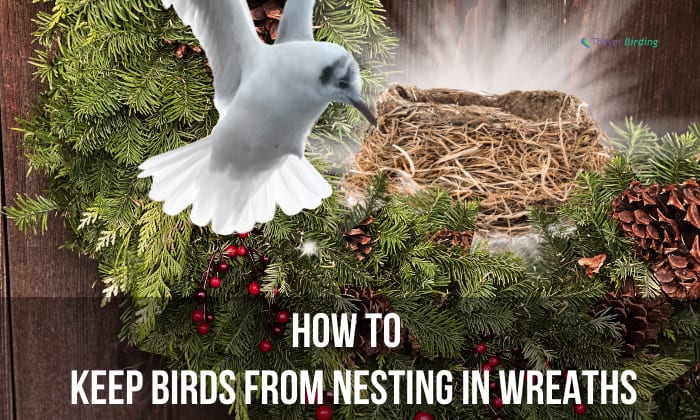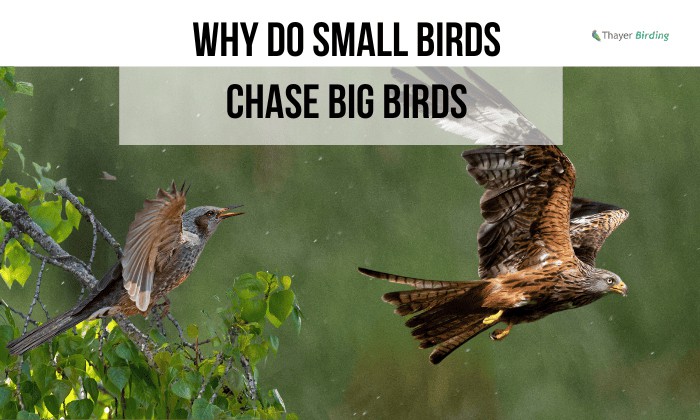Are you planning on getting a cheap parrot? Then, you are probably searching for “how much does a talking parrot cost” on the Internet. To answer that, the average price range from $15 for a Parakeet to $3600 for an African Grey.
Let’s learn more about these talking birds, what affects the price tag, and the important information you need to know before purchasing one. Read on.
Table of Contents
The Price of Talking Parrots
A speaking parrot is a great pet to have. They talk and mimic sounds, traits that make them unique and popular. If you are thinking of purchasing a parrot, you need to know how much to own and care for one. Let’s look at some of the most common talking bird species sold and their price.
Types of Talking Parrots
Look at this list of parrots that talk. It can help you decide which one to get depending on your budget and preference.
1. Budgerigar
Price: $15 – $100
Also known as the common parakeet, this small, long-tailed bird has blue, white, yellow, and grey plumage coloring. They are bred in captivity, but you can also find them in the wild.
Budgerigar is the smallest talking bird and the cheapest. They can learn songs and phrases but are often difficult to comprehend due to their low voices. This is the ideal choice for many if you have a small fund but want a talking parrot.
2. Cockatiel
Price: $50 – $150
This medium size bird is another crowd favorite for a pet. Their plumage color, patterns, and head crest make them charming. They are endemic to Australia but can be found in many countries as companion birds.
Cockatiels are friendly and tame. While their vocabulary is not that intensive, and their mimicking is sometimes hard to understand, they are great at whistling tunes.
3. Australian King Parrot
Price: $100 – $500
These birds are native to Eastern Australia. Their green and red plumage can be spotted flying below the trees and never beyond the treetops. The males are considered the only Australian parrot with a redhead.
Australian King Parrots in the wild will fly off when disturbed by humans. Those hand-raised in aviaries can live in a home with a quiet and calm atmosphere. You will need patience and dedication to train these birds.
4. Monk Parakeet
Price: $450 – $700
Also known as Quaker Parakeet, this green parrot has a greyish crest chest with a tinge of yellow on its abdomen. Domestic breeds have other ranges of coloring instead of green, such as white, yellow, and blue.
Monk Parakeets are social and highly intelligent birds. They can learn and build up large vocabularies of words and phrases. However, it has a shorter lifespan than other species, hence its lower price tag.
5. Macaw
Price: $700 – $1000
These birds have long tails and often have colorful plumage. Other subspecies, such as the blue talking parrot Hyacinth Macaw have a stunning blue coloring. Their bright feathers perfectly match their bright personalities.
Macaw is another popular bird companion breed. They are excellent at mimicry and can learn hundreds of words.
6. Blossom-Headed Parakeet
Price: $600 – $900
This small, green parakeet can be found in Northeast India and Southeast Asia. It is often confused with the Plum-headed parakeet and is distinguished through its head and tail coloring.
Blossom-Headed Parakeets are rare, and captives are put in a breeding program. There are cases where a bird cannot breed, so it can be considered a pet. However, you will need to train them consistently while young to get rid of their destructive behaviors.
7. Cockatoo
Price: $2000
This white talking parrot is on the larger side and is identifiable with its curved bills and notable crest. These birds only appear naturally in limited regions such as Indonesia, Australia, Philippines, and several Pacific regions.
Cockatoos have excellent talking abilities. They can learn new skills through social interaction and training. You will need a lot of patience to hear their sweet voice.
8. African Grey
Price: $800 – $3600
True to its name, this grey parrot with a black bill has a red tail as its other plumage coloring. Through breeder selection, it is possible for this bird to be partially or completely red.
African Grey is named the smartest talking parrot and is proven to have the same speaking ability as a human toddler. They are common in captivity, but keeping one as pet requires an expensive legal ownership process.
Additional Cost Considerations
The speaking parrot price is not the only fee you need to pay to own one. Other important things add to the total amount required to raise a talking parakeet. Take note of the following:
1. Bird Cage and Carrier
These are the things you should get ready for before bringing your bird home. Once you have decided on a bird and seen it in person, you can decide on a cage large enough to comfortably accommodate them. Don’t forget to buy a carrier for convenient and safe transport to and from the vet.
The cage will cost you around $70 to $1,000. For carriers, they are sold between $30 to $80.
2. Cleaning Supplies
You need to regularly clean and maintain the bird’s cage. Have some paper towels, newspapers, sponges, brushes, towels, gloves, protective eyewear, and a pet-safe cleaning solution. All these can be purchased in your local store for around $20 to 30.
3. Accessories and Toys
Parrots need mental stimulation. They are intelligent birds and require things to keep them occupied. Get them perches, nests, and platform stands to make their space fun and comfortable. Give them toys to entertain themselves and chew on.
The total price for all these will vary depending on the type of toy and your bird’s behavior. If they are destructive and playful, you will need to replace their toys more often. Perches, swings, and ladders are sold for $10 to $40 each. Toys are between $10 to $100.
4. Vet Visits and Insurance
An initial vet checkup is a must when bringing home any pet. That way, you’ll be aware of their current health status and any disease or condition. In addition to the first check-up, your bird also needs regular vet visits. Insurance is also recommended, especially for those who opt for an expensive species.
The initial exam will cost you approximately $50 to $200. Regular check-ups are around $25 to $40. The medical coverage for pet insurance can range from $5 to $30 every month. The prices could vary depending on your location, the bird’s condition, and the performed tests.
5. Food and Treats
Provide your bird companion with a well-rounded and healthy diet. Include fresh vegetables, fruits, seeds, nuts, pellet blends, and treats! You can also get them supplements if the vet recommends them.
The monthly cost of bird food can vary from $25 to $30. Factors such as the bird specie, size, food quality, and whether you purchase in small amounts or bulk affect this amount.
What Factors Affect the Cost of a Parrot?
The talking parrot price is determined based on several factors. Here’s a list of determinants and how they affect the final cost of a parrot.
1. Species
More common parrot species are widely accessible, making them more affordable than rare and exotic ones. Commercially bred parrots like parakeets and budgies are also cheaper.
2. Size
The larger the bird, the higher its price tag will be. They will require a bigger cage and consume more food.
3. Age
Young birds have a lower cost compared to mature birds.
4. Lifespan
A longer lifespan can mean you have to provide them with food and other necessities for a long time. Imagine the overall cost that could accumulate through the years.
5. Breeding Location
Is the bird captured in the wild or bred in captivity? Those raised in captivity are easier to train, bond faster, and are more affectionate. This is because they are used to humans and are often hand-fed.
6. Purchase Location
If you purchase your bird at PetSmart, you can expect it to be cheaper than when you buy it from an expert breeder. The reason is that breeders offer specialized care for the birds and have records for each one. While it is expensive to purchase from a professional breeder, you can expect excellent service.
FAQs
What’s the cheapest bird that talks?
One of the cheapest talking bird is the Budgerigar. Their price can range from $10 to $35. Despite their affordable price, they have excellent talking ability and impressive plumage patterns.
How long do talking parrots live?
Parrots have quite a long lifespan. The number of years is different for each species and their lifestyle. African Greys are known to live for around 40 years and sometimes over 70 years. Conure parrots are smaller than other species and can only reach 15 years to 30 years at most.
Captive birds tend to outlive those living in the wild since the former has access to veterinary care and no risk of predators. In general, parrots can live for 50 years on average. But it is not a secret that some parrot specimens are discovered to be a century old.
How much is a talking baby bird?
A baby budgie can cost around $20. These birds are smaller compared to other species but are one of the best talkers. But it might take some practice and a lot of patience to teach them words.
How expensive are parrots?
Large parrot species come at a hefty price. They can cost as high as $8,000! Some of the most expensive parrots are:
- African Grey Parrot
- Cockatoo
- Amazon Parrot
- Eclectus Parrot
- Macaw Parrot
You can also find parrot price at Petco over $500 for conure and parakeets.
Conclusion
We have provided answers to the question “How much does a talking parrot cost?” There is also tons of helpful information you will need before taking ownership of a talking bird. It’s because there’s so much more than just the price of the bird you have to set a budget for and we want you to be prepared for it.
Whether you are looking to purchase the cheapest parrot or an expensive one, we hope this article provides you with the knowledge you need to decide. Do you have a parrot? How much did it cost and your monthly budget to care for it? Share it with us!
Read more:

George and I became friends after a birdwatching trip with our new group. And we have been enjoying every adventure together. When he told me the idea of establishing a site that shares our experiences and fun, I immediately agreed. After trials and errors, here we have Thayerbirding.


